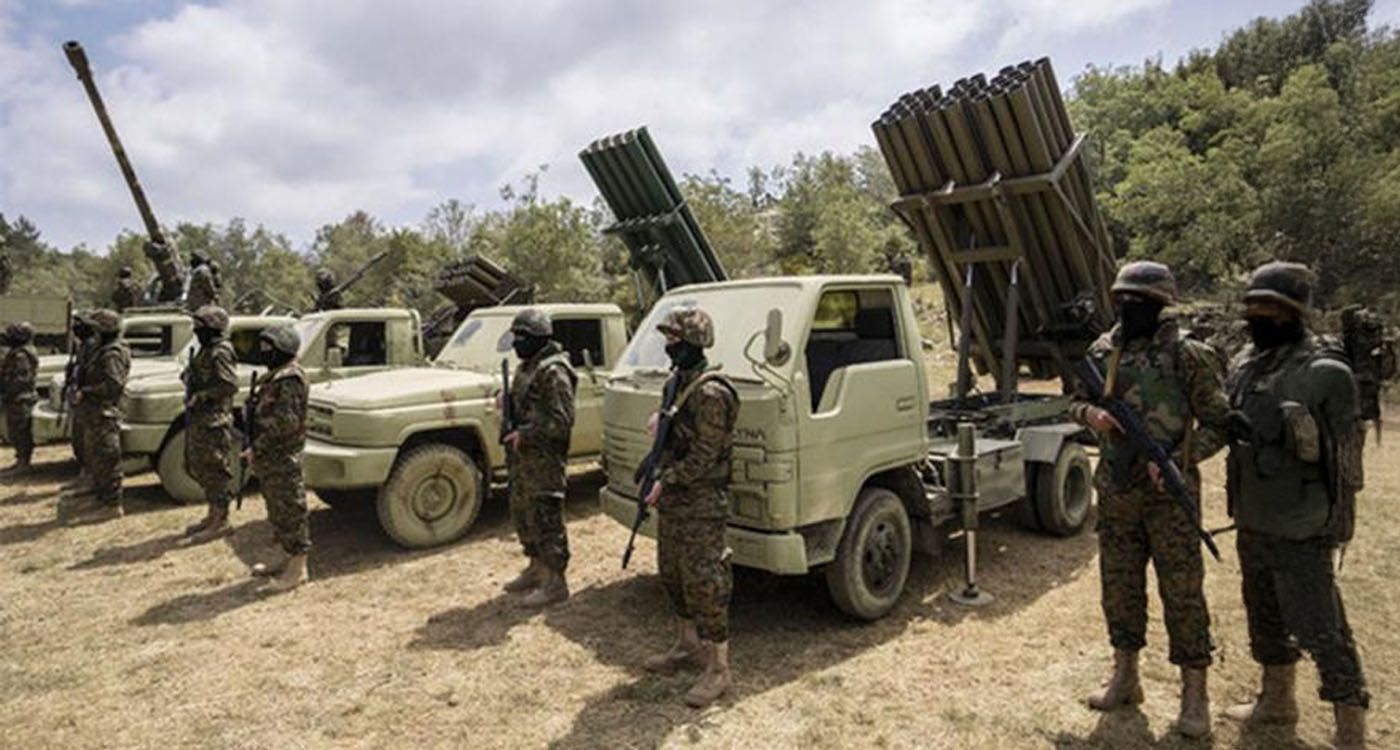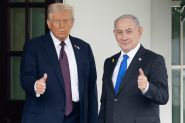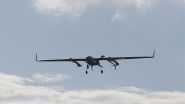
Over the past year, regional and domestic developments have overturned the balance of power and reshaped political positions. What was categorically rejected before September 2024 is now being accepted by Hezbollah, which today demands what it had previously opposed, notably a dialogue over the future of its arsenal within a national defense strategy.
Although the party had long dismissed the government’s decision to restrict weapons exclusively to the state as unconstitutional and contrary to the Taif Agreement, it is now calling for dialogue, agreement and a defense strategy to address the weapons issue.
Amid this increasingly uncomfortable environment for Hezbollah both at home and abroad, Ali Larijani, Secretary of Iran’s Supreme National Security Council, arrived in Lebanon as part of a mobilization tour of allied states within the obstructionist axis. He came from Iraq on a private jet that used Turkish airspace after Syria barred it from crossing through its skies.
In Lebanon, Larijani was surprised by the positions of President Joseph Aoun and Prime Minister Nawaf Salam. Both reaffirmed that Lebanon had stepped out of Iran’s orbit and influence. Aoun urged Iran to deal with Lebanon on the basis of sovereignty, friendship and mutual respect, while Salam told Larijani that statements by Iranian officials about Lebanon were unacceptable.
Despite Lebanon’s recent shift, Larijani urged Hezbollah to step up pressure on the government to reverse its decision, coinciding with the arrival of US envoy Thomas Barrack. Diplomatic sources indicate that his visit sent a clear message to Washington: Lebanon remains within Iran’s sphere of influence, aligned with the so-called “axis of resistance,” and Hezbollah’s weapons remain under Tehran’s control.
In parallel, Hezbollah’s Secretary-General Naim Qassem and party MPs escalated their rhetoric, asserting that they will not surrender their weapons. They emphasized that only after Israel withdraws from Lebanon, hostilities cease, prisoners are returned and reconstruction begins will the party consider discussing its weapons under a national defense strategy.
A former MP involved in the Taif negotiations notes that neither the agreement nor the Constitution, international resolutions, the government’s policy statement or the president’s oath of office made any mention of “resistance.” Instead, they emphasized that weapons must be exclusively under state control, effectively rejecting the triptych of the “people, army and resistance.”
Sovereign circles stress that there are no preconditions for surrendering weapons, as Hezbollah claims, and that dialogue or a defense strategy cannot replace this legal obligation. Weapons cannot be treated as a guarantee for one political faction, since that would set a precedent for others. The state, through its institutions, remains the guarantor for all.
The sources argue that Hezbollah’s insistence on negotiating the weapons issue is an attempt to evade disarmament. In 2000, following Israel’s withdrawal from Lebanon, the party refused to discuss surrendering its arms, insisting on keeping them as a deterrent and a balance of power against Israel, with backing from Iran and Syria.
Since the Taif Agreement of 1989, demands to hand over the weapons of non-state actors have persisted to no avail. Today, the Amal-Hezbollah duo has added further conditions, including Israel’s withdrawal, the cessation of hostilities, the return of prisoners, the start of reconstruction and a tripartite arrangement.
A former minister recalls that during President Michel Sleiman’s term, the Dialogue Commission issued the Baabda Declaration as a prelude to discussing the national defense strategy. Hezbollah and its allies refused to participate, causing the process to collapse.
Under President Michel Aoun, Hezbollah’s condition was that the weapons issue not be discussed under UN Resolutions 1559 and 1680, and that no dialogue commission be established to review the national strategy. Today, facing an urgent political deadline, Hezbollah is calling for dialogue and the formulation of a national strategy.
In this context, sources within the Lebanese Forces (LF) describe Hezbollah’s actions as an attempt to undermine the process. The duo’s MPs elected Joseph Aoun as president and participated in Nawaf Salam’s government, fully aware that he had set the end of the year as the deadline for implementing exclusive state control over weapons.
Amal and Hezbollah are now awaiting the army’s disarmament plan. They are demanding an agenda that begins with guarantees, the establishment of a comprehensive weapons database, clearly defined handover stages and an expanded army presence in Shia border areas with Syria and in Akkar. Only after these conditions are met will Hezbollah’s weapons be addressed through dialogue and agreement.
The question remains whether the government will yield to the party’s demands or move forward with implementation and fulfill President Aoun’s promise that 2025 will be the year of exclusive state control over weapons.




Comments